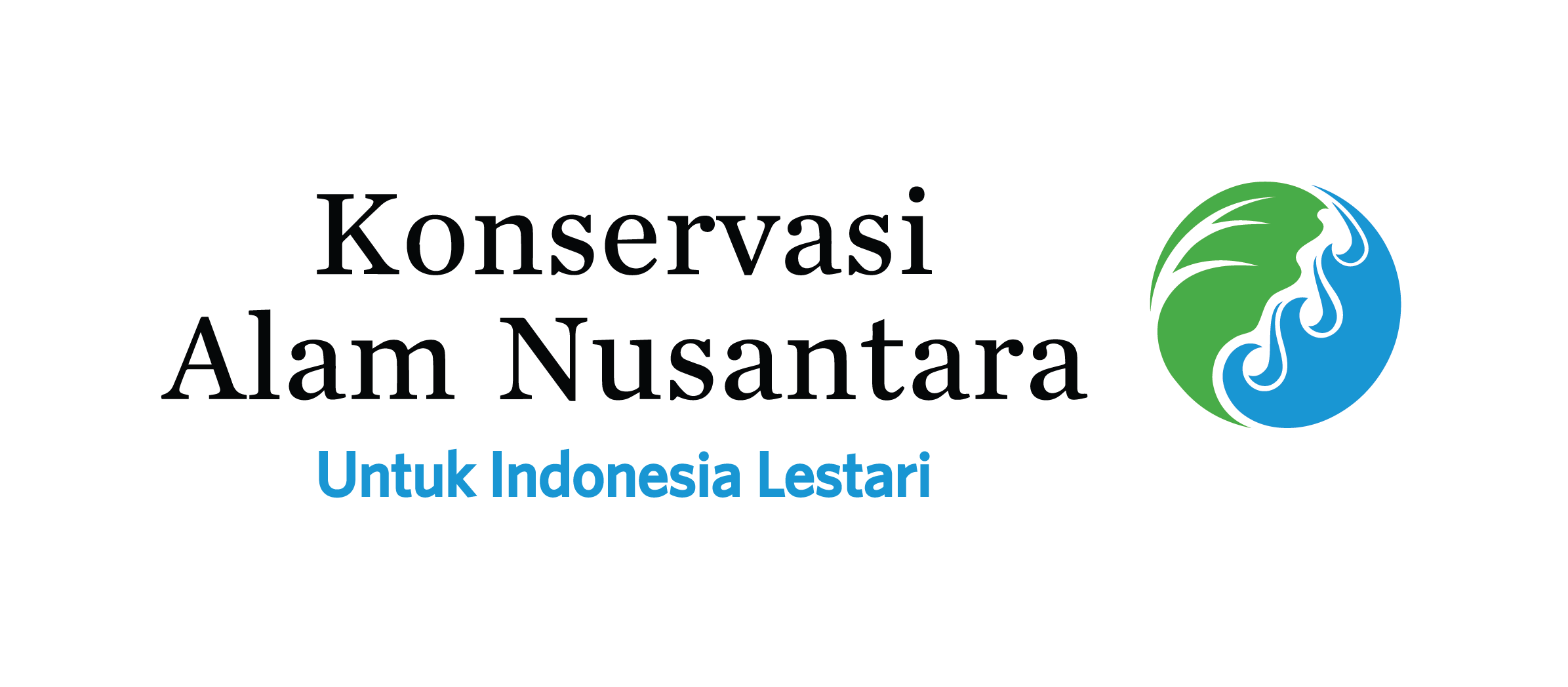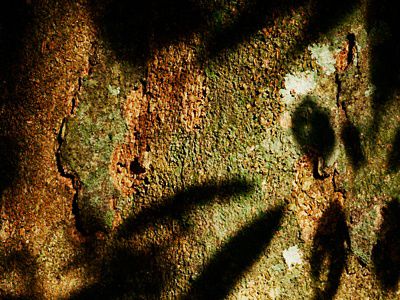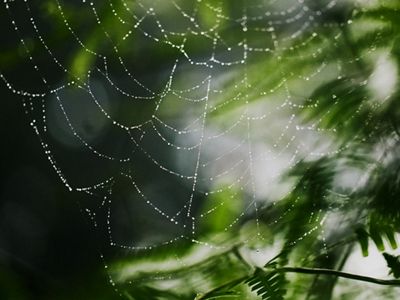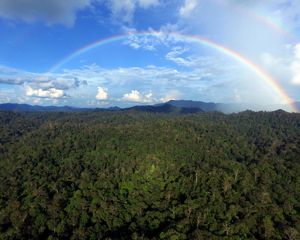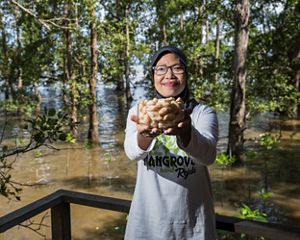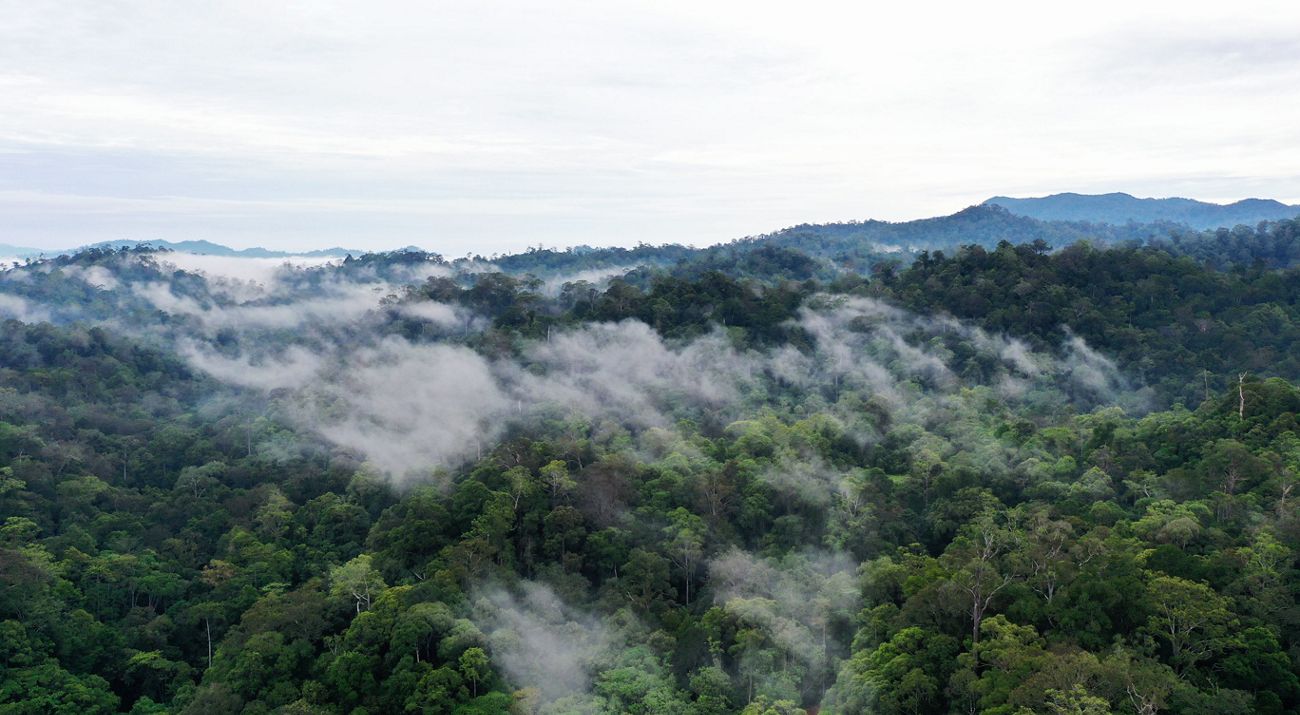
The incredible rainforests of Kalimantan are some of the most species-rich and biodiverse in the world. Indonesia’s forests are more than 140 million years old—the oldest tropical forests on earth. And though they only cover about 1% of earth’s surface, their biodiversity is staggering, housing 10% of the world’s plants, 16% of reptiles and amphibians, 17% of birds, and 12% of mammals, including the iconic and critically endangered orangutan. More than 50% of Kalimantan's forest area is allocated for production forests. In fact, 60% of high conservation value forest areas are in production forest areas with 30-year concession licenses.
Read: Why do fish need to be identified?
In Kalimantan, more than 150 concession companies hold management rights to 20 million hectares of production forest, about half of which remains forested. If managed sustainably, logged forests can retain 80–90% of their original biodiversity, including critical habitat for endangered species like orangutans and Sunda clouded leopards. In fact, nearly 30% of Bornean orangutans live within logging concessions.
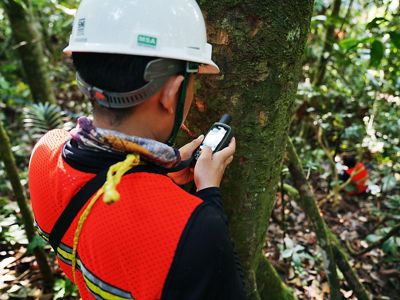
Bentala Kalimantan, initiated by Yayasan Konservasi Alam Nusantara (YKAN) and partners to strengthen collaboration between PBPH holders in conservation-based production forest management, starting in the Alam Wehea area in East Kalimantan. It is hoped that through this collaboration, business actors will receive support in the sustainable use of non-timber resources using a multi-business forestry scheme. This collaborative approach utilizes technology and sustainable financing mechanisms to achieve long-term conservation targets.
The Bentala Kalimantan Program is part of YKAN's commitment with partners to support the achievement of the Nationally Determined Contribution (NDC) target through a sustainable production forest management program that focuses on conservation, which contributes to a 40% reduction in carbon emissions by 2030. In addition to the NDC, this program is also expected to contribute to the Indonesian Biodiversity Strategy and Action Plan in maintaining and enhancing biodiversity, especially from the Wehea region in East Kalimantan.
